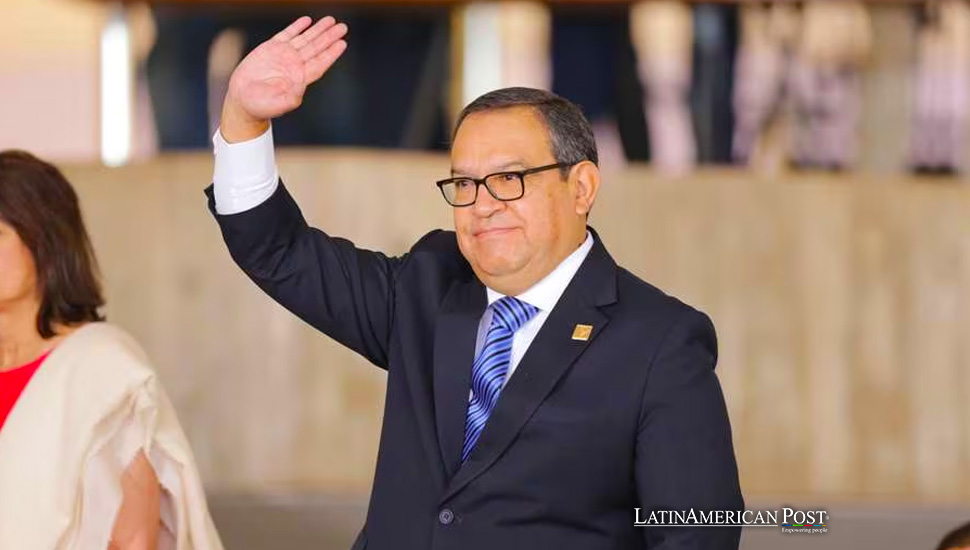Peru Declares Urgency Decree to Finance and Safeguard Fuel Supply and Enhance Petroperú’s Governance

The Peruvian government, led by Prime Minister Alberto Otárola, has enacted an urgency decree focused on securing fuel supply and improving governance within the state-owned Petroperú amidst financial difficulties.
Stabilizing the Energy Sector: Peru’s Decisive Move
In a decisive move aimed at stabilizing the nation’s energy sector, the Peruvian government has introduced an urgency decree to ensure the continuous fuel supply and to overhaul the governance structure of Petroperú, its state-owned oil company. This initiative comes at a critical time when Petroperú faces significant financial challenges, reflecting a broader trend of economic and operational difficulties within the energy sectors of Latin America.
Prime Minister Alberto Otárola announced the measure as part of a comprehensive strategy to secure the nation’s energy requirements and restore confidence in Petroperú’s operational capabilities. The decree encompasses a series of extraordinary measures, including providing guarantees for working capital and expanding guarantees to maintain Petroperú’s fuel supply. Importantly, Otárola clarified that these measures do not constitute a cash injection or capitalization but aim to facilitate the company’s operational stability.
A vital component of the decree is the immediate restructuring of Petroperú’s board of directors, followed by establishing a professionally appointed board by the National Fund for Financing State Business Activity (Fonafe). This move is expected to usher in a new era of governance for Petroperú, emphasizing professionalism, efficiency, and transparency in its operations.
Austerity Measures and Financial Health
The urgency decree also mandates immediate austerity measures within Petroperú, focusing on spending discipline and a strategic cash flow projection for the next five years. These measures are essential for the company’s financial health. They are designed to ensure that Petroperú can continue to serve its critical role in the Peruvian economy, especially for the most vulnerable populations directly impacted by fuel prices.
Despite facing a “difficult financial situation,” Petroperú has vehemently denied bankruptcy claims, asserting its ongoing restructuring and cost optimization process. The company is vigorously working towards resuming its role as a critical player in the fuel production sector, leveraging the newly completed infrastructure of the Talara Refinery, hailed as the most modern refinery in Latin America.
Challenges in Latin America’s Energy Sector
Petroperú’s financial woes and the government’s intervention reflect a broader pattern of challenges state-owned energy companies across Latin America face. Countries like Venezuela, Mexico, and Brazil have also grappled with similar issues, including financial instability, governance concerns, and the need for substantial restructuring within their respective state-owned oil enterprises. These challenges underscore the importance of sound management practices, transparent governance, and strategic planning to ensure the resilience and sustainability of the energy sector in the region.
Also read: Peru’s Cabinet Shuffle Exemplifies Boluarte’s Bid to Revitalize Economy Amid Recession
Through the urgency decree, the Peruvian government’s proactive approach marks a significant step towards addressing the immediate challenges facing Petroperú while laying the groundwork for long-term stability and efficiency in the company’s operations. As Latin America continues to navigate the complexities of managing state-owned enterprises in the energy sector, Peru’s efforts to reform Petroperú could serve as a valuable case study for regional counterparts facing similar challenges.




